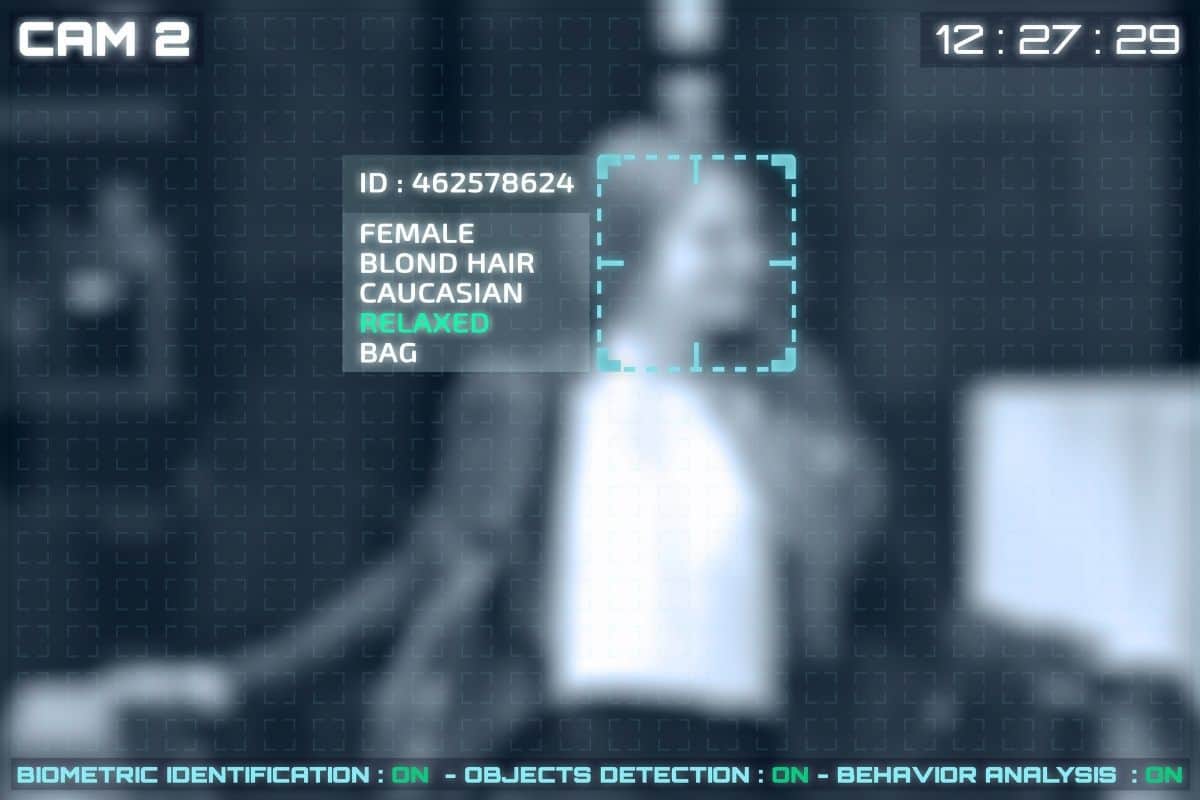Many Americans have no idea that security cameras are tracking them as they shop in-person.
Even as the opposition to using facial recognition technology in public spaces continues to grow, it is far more commonly used than many Americans realize. Security cameras in retail stores across the country are using this tech on a regular basis.
Even as tech giants and police departments ban it, retailers are continuing to track consumers.
New research from Piplsay as reported by TechRadar shows that just as facial recognition is commonly used in retail consumer tracking, many Americans have no idea it’s happening.
San Francisco police made headlines when they started a trend of banning the use of this technology in 2019. In 2020, the European Union called for a five-year ban on the tech. However, even as a growing number of tech giants, cities and police departments follow suit, large retailers have been continuing to use it.
Major retailers in the United States such as Macy’s, Albertsons and Lowe’s are using this tech to help them to fine-tune their fraud and theft detection. That said, according to the Piplsay report, even as the retailers use this to track customers to try to spot costly instances of theft and fraud, their methods are not necessarily well-liked or well-recognized. The report showed that advocacy groups are calling the technology too invasive.
The retail facial recognition technologies use cameras to track movements, behaviors and even emotions.
The Piplsay report also went beyond what advocate groups are saying and examined consumer opinions and comfort levels regarding the use of this tech by retail stores. There were 31,184 Americans polled across the country and the results were published in the report with the title “Face-recognition tech in retail.”
Among the participants in the survey, 40 percent said that they were entirely unaware of the fact that retailers were using this tech in their stores. Another 60 percent said that they were aware that retailers were using the technology to track shoppers.
Of the survey’s participants, 42 percent said they didn’t mind that facial recognition technology was being used by retailers in stores. Another 38 percent said that they were opposed to this use. Among those opposed to the use, 22 percent felt the technology was an invasion of their privacy while another 16 percent were opposed because they felt the tech was discriminatory or inaccurate.

